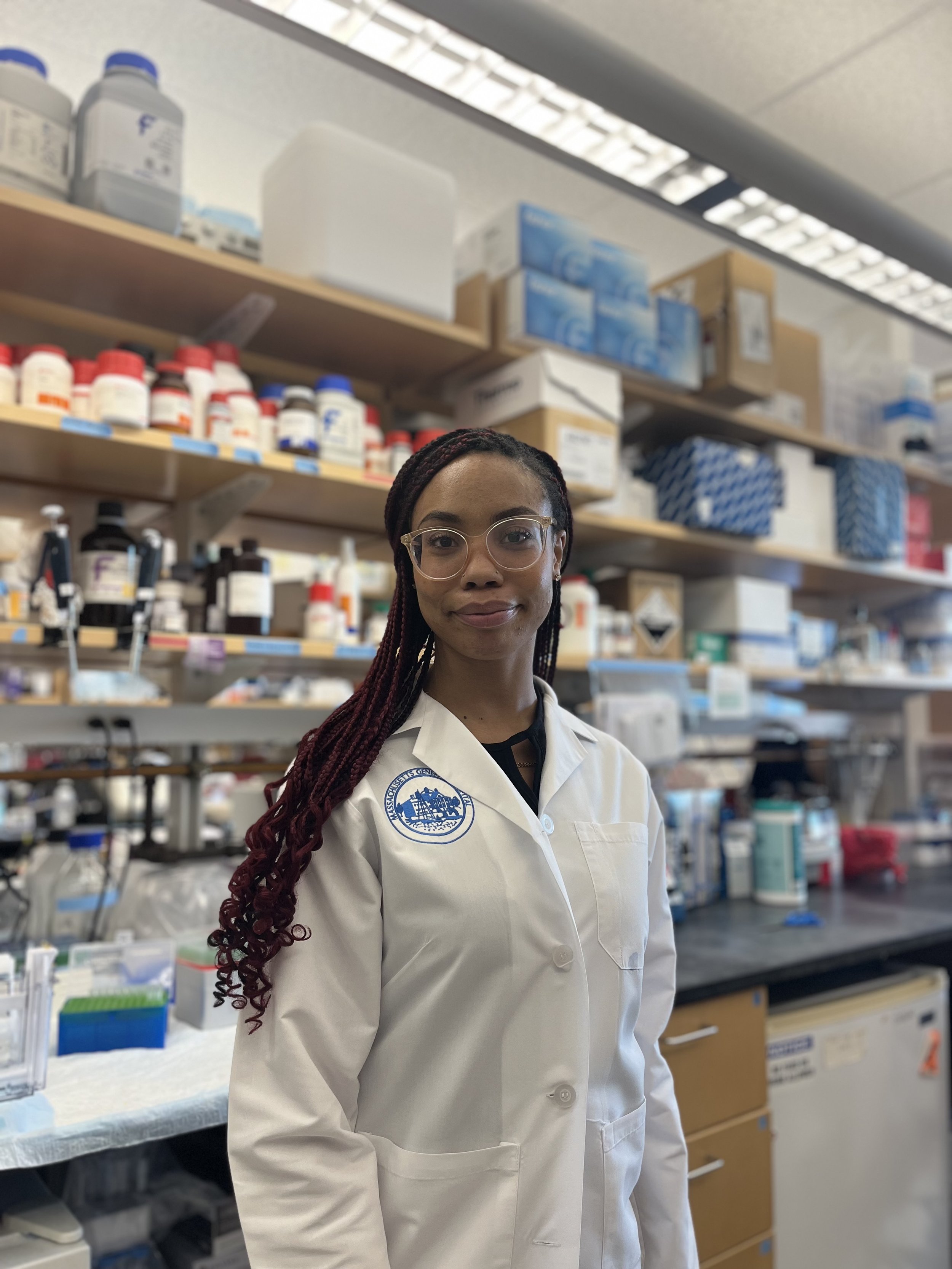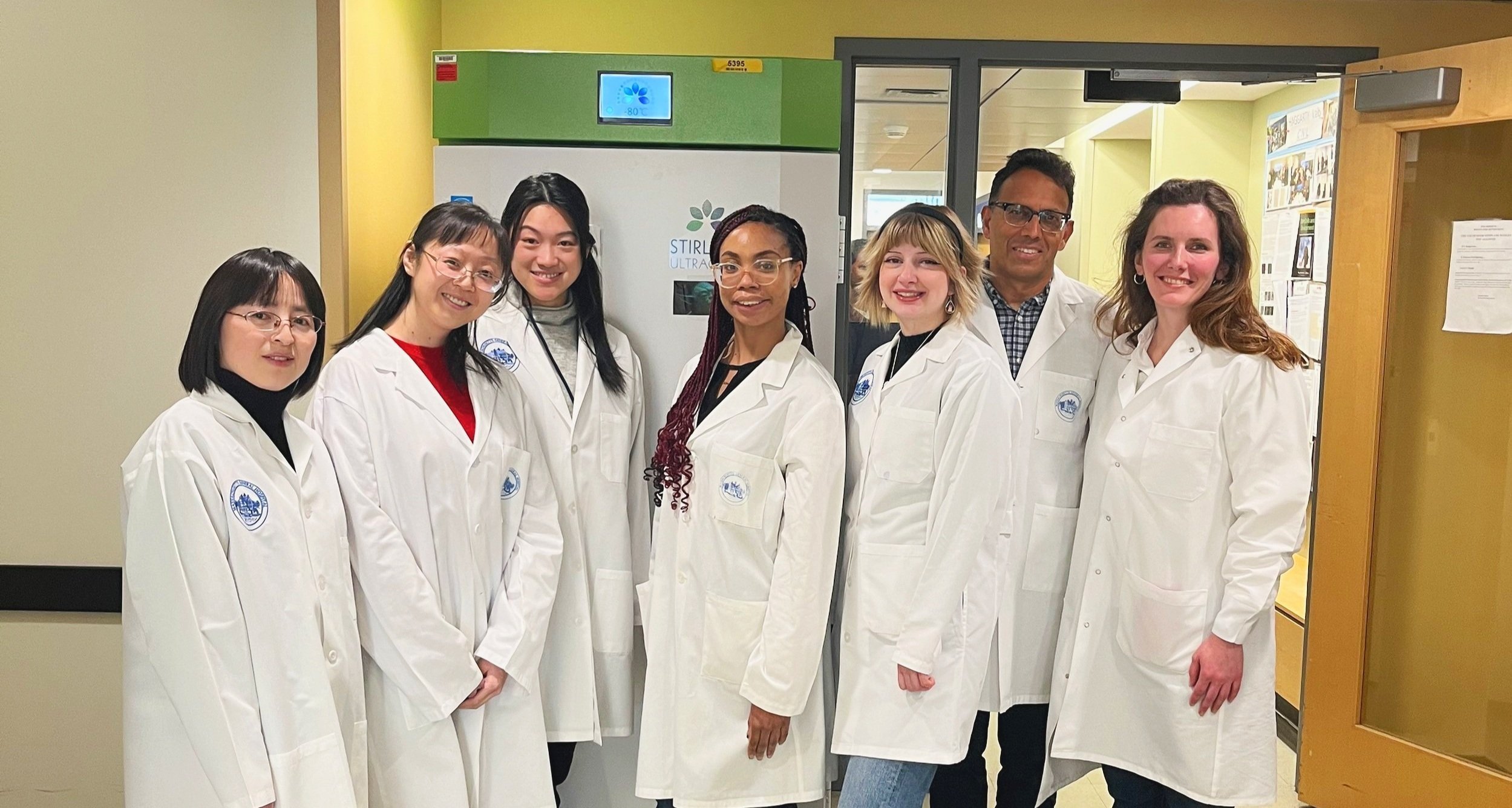Eichler Lab Group Members
-

Florian EICHLER, MD
Professor of Neurology, HMS
Director, Center for Rare Neurological Diseases @ MGHFlorian’s research aims to unravel the disease mechanisms of monogenetic disorders affecting the nervous system. As director of the leukodystrophy service at MGH, he sees patients with a variety of neurogenetic disorders and is actively studying abnormal accumulation of lipids such as very long chain fatty acids and desoxysphingoid bases in both his clinic and laboratory.
-

Yi GONG, PhD
Research Scientist
Yi works to investigate the pathophysiological mechanism of, and therapeutic development for, monogenetic rare neurodegenerative diseases, with a major focus on X-linked adrenoleukodystrophy (ALD) caused by the ABCD1 gene mutation and Hereditary Spastic Paraplegia caused by the SPTSSA gene mutation. By using genetic and chemical tools, Yi is dedicated to the therapeutic exploration for these rare neurological diseases.
-

Yedda LI, MD, PhD
Neurology Resident/Postdoctoral Researcher
Yedda received her MD and PhD degrees from Washington University in St. Louis, where she studied the pathophysiology and treatment for globoid cell leukodystrophy in the lab of Dr. Mark Sands. She is now a resident physician in the Mass General Brigham adult neurology residency program. She hopes to dedicate her life to helping adult patients with leukodystrophies, studying leukodystrophy disease mechanisms, and devising effective treatment strategies for these disorders.
-

Ashley GLOVER
Research Technician
Ashley is studying expression patterns on HEX B and HEX A in the central nervous system of our lab’s transgenic mouse model of Sandhoff's disease. Furthermore, the HEX B knockout mouse has a distinct phenotype where it develops dystonia at about 4 months. She is interested in doing behavioral and pathological analyses for this movement disorder.
-

Natalie GOLOVANOV
Research Technician
Natalie is currently working on using CRISPR-Cas9 Base Editing to edit patient-derived cells to correct a mutation in the ABCD1 gene. She is also helping with mouse colony management for mouse models of adrenomyeloneuropathy and hereditary sensory neuropathy.

Lab Alumni
NAME
Role
2018-2019